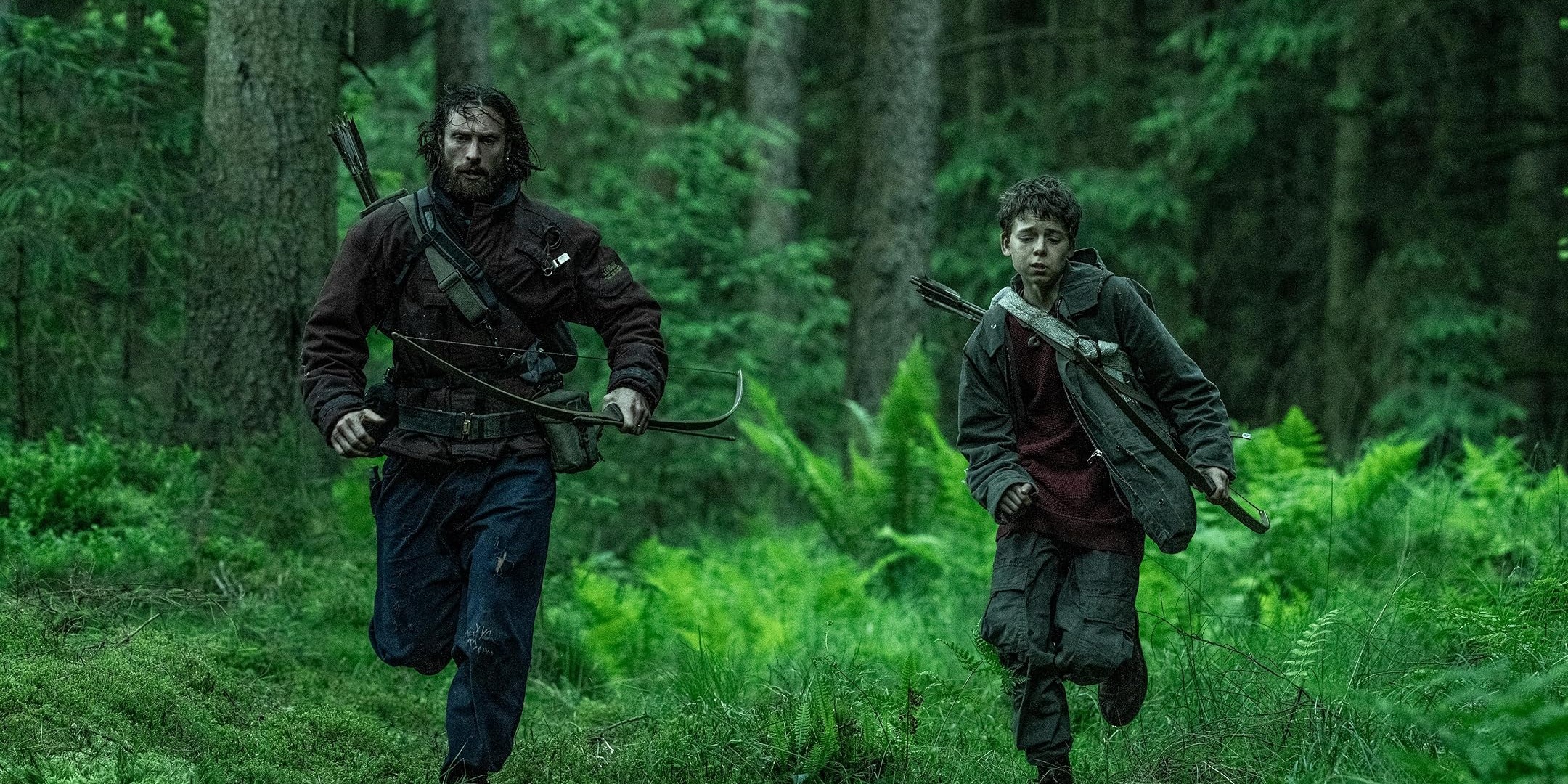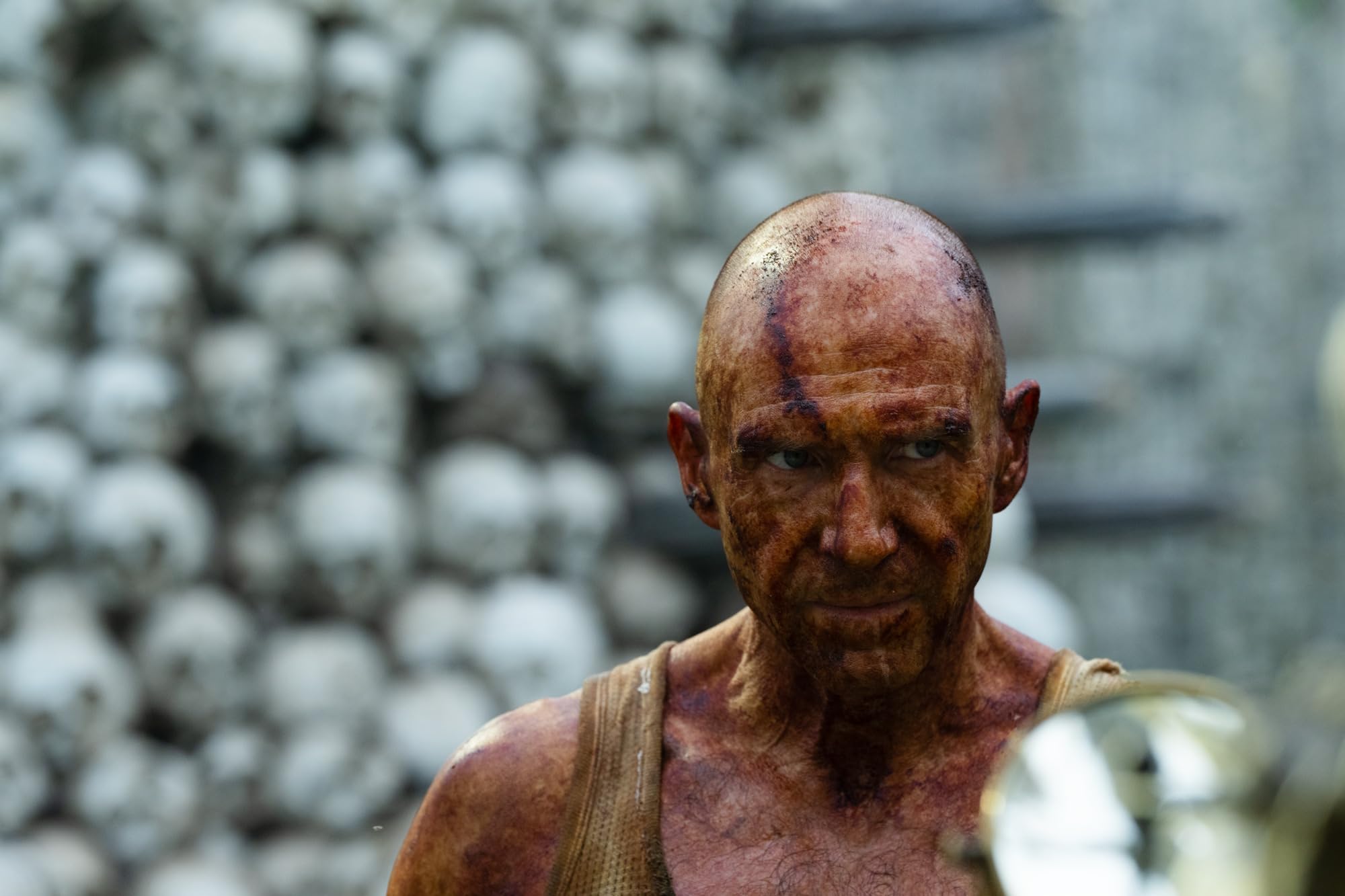Memento Mori - 28 Years Later




Film
I would be remiss if I didn't voice the softest complaint about how Sony Pictures Releasing could've made the most incredible marketing move by releasing 28 Years Later, quite literally, 28 years after the original 28 Days Later. Again, just a thought I needed to throw out there. But if I'm thinking about it seriously, I don't think I could've waited another four years to watch Danny Boyle and Alex Garland's reenter the visceral world they created.
Days was nothing short of sensational. A viciously gritty departure from the status quo that stands perfectly in its own "genre", while simultaneously reinvigorating the zombie niche, Days was a benchmark moment for everyone involved, including the audience. And while 28 Weeks Later may have been a step back, Boyle and Garland were only executive producers, the sensation that Years provides, is as gutting as the original installment. It’s not just worth the wait—it’s a rare auteur statement hiding inside a tentpole.
Continuing from Days and Weeks, Years sees Britain still under quarantine with scattered villages of survivors and the infected roaming freely. The latest installment takes the franchise's overtones of British isolationism to new heights by focusing on a village located on Lindisfarne, a small remote island that's only accessible at low tide by a causeway. Boyle and Garland's vision blossoms with the crafting of these village characters, especially with young Spike, played terrifically by Alfie Williams. The Days franchise never needed subversion—its horror lay in how the real danger often came from the uninfected. Years shifts that lens, focusing instead on how fear, masculinity, and survivalism shape a boy’s identity in a crumbling world. Through Spike's eyes and experiences, concerning his-at times removed and abrasive-father Jamie (Aaron Taylor-Johnson) and his ill mother Isla (Jodie Comer), we're brought along a coming-of-age journey unlike anything before. Spike shoulders an inherited ideal of masculinity, shaped more by myth than truth as his father regales fellow villagers of Spike's brave exploits-which never happened-along with Spike's own self-reflection of what he needs to do delivers a much more nuanced viewing experience than the prior installments.
While the unexpected genre-bending and extra juicy characters are welcome treats, the film does suffer from inconsistent tone and shallow character exploration. For the former, Garland imbues a pinch of humor, pretty much whenever Erik (Edvin Ryding) is on-screen, and horror per usual but the mixture can be quite confusing at times. Emotionally heavy moments have an undertone of dark humor while some of the most disturbing moments are left murky—either under explained or jarringly out of sync with the tone—which undermines their emotional impact. Which leads me to the latter point. There's a lot that isn't explored in Years. Whether that was by design before the idea of making a new trilogy or not I can't say but at times the film can be frustrating in its set up of subsequent projects. I'll absolutely be seated for Nia DiCosta's 28 Years Later: The Bone Temple, but the whiplash of this ending and question marks felt more in tune with a half-baked idea that couldn't be self-contained. It's entertainment value is through the roof, don't get me wrong, but it felt like I was nibbling at crumbs for almost two hours and am far from satiated.
I don't mean to sound overly glum, as I really did enjoy the film. Even in its sort-of studio franchised state, there were enough rough spots that felt grounded in Boyle's original vision and aesthetic. The iPhone camera rigs, and overall work from Anthony Dod Mantle, is a complete spectacle. Giving the film an experimental and gritty feel that echoes the screams 28 Days Later first emitted over two decades ago. Thus providing a cohesive idea, that lends its ethos to how the picture moves, keeping you emotionally on edge only for the ultimate heartbreaking scene by a fantastic, yet sparse, Ralph Fiennes. Which is exactly why we keep coming back for films by Danny Boyle. No matter the wrapper, the candy is just as sweet. A delightful treat about the perseverance of humanity, the depths of depravity that exist in the darkest corners, and how finding something within yourself to change the status quo can provide enough of a spark to ignite the flame of life. Even if in the shadows, there is always death.
Memento Mori.
Froth
A couple weekends ago I had the opportunity to go to the Washington Brewers Festival which brought in over 70 breweries from the state for some tasting experiences.
Not to mention, there were unlimited pours. Hey-o.
One of my favorites from the day I was there was from Well 80 in Olympia, the Hell's Well. Now, I know I'm a creature of habit and normally for a horror film as wild as this one I'd rely on my usual shenanigans and mention something from Holy Mountain Brewing. But that's the beauty of the WABF! I was able to sample a beer I've never had before from a brewery I've never heard of before, which is not a knock on Well 80 it's just that I don't have a car in Seattle and Olympia would be quite the walk/bike. Nevertheless, the Hell's Well is a bonafide slam dunk of a Scottish Ale. It is boozy, due to the three years aged in bourbon barrels so expect some boozy warmth, vanilla, caramel, rye, and oaky flavors to deliver a real punch each sip. It is an 11.1% ABV beer so it has a strong essence to it, but the taste perfectly matches the intensity. Making the Hell's Well an easy sipper, a delightful endeavor, and a pour not to be taken lightly.









